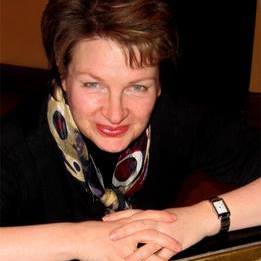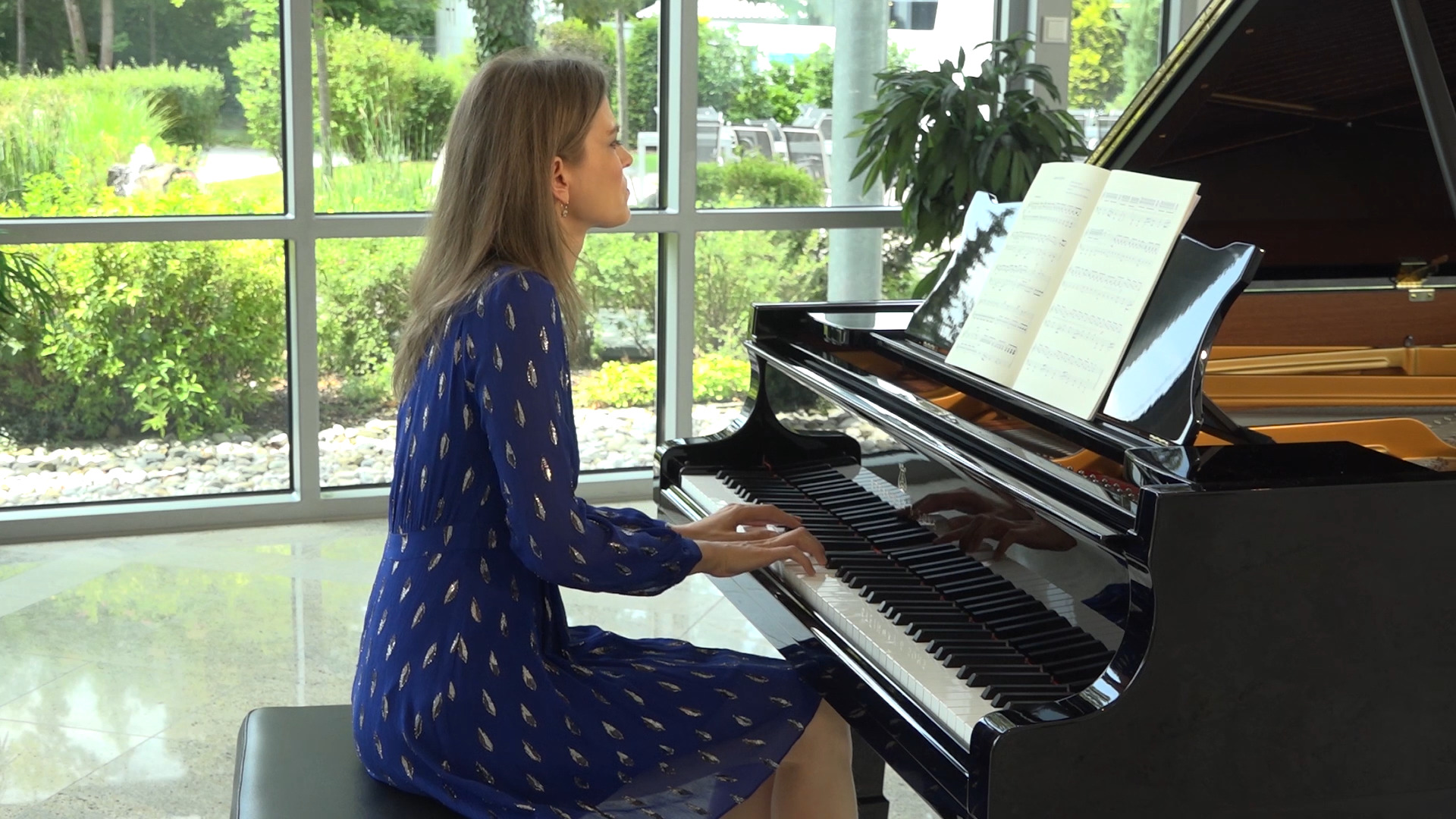About
1960 – born as Barbara Hook in Beirut, Lebanon (father was an international lawyer)
1965 – first piano & flute lessons in Hillsborough, California
1972 – 2nd flute in the Singapore National Youth Orchestra
1973 – Outstanding Musician Award
1973 – at 13 accepted as a full student at the Mozarteum, Salzburg in Harpsichord and Flute as well as Baroque Performance Practice with Nikolaus Harnoncourt. Later also Organ under Prof.Alois Forer.
1978 - 2nd Organist at Salzburg Cathedral, accompanist of the Salzburg Domspatzen (Boys’ Choir)
1979 – Scandinavia tour with Dan Laurin, recorder & Erika Ebbe, violin.
Harpsichord Masterclass with Gustav Leonhardt
1980 – attended Christie’s Fine Arts Course in London
1981- Harpsichordist of the Trio Boismortier, later also of the Baroque Ensemble Munich, Baroque Orchestra of Munich, Bach Society Salzburg, L‘Arpe Festante,etc. giving solo concerts, LP and radio recordings, etc. At the same time teaching a large studio of harpsichord and piano pupils
1989 – marriage with Ludger Arens, teacher of Latin & Ancient Greek at the Benedictine High School of Münsterschwarzach. Having “said what I wanted to say” on the harpsichord, I returned to the piano with renewed enthusiasm. Taught piano at my husband’s school.
2002 – began tours of schools with the concert series “Classics for Kids” and noticed that my own pieces were particularily popular with the young people, inspiring me to write more. Continuing to teach piano.
2008 - started composing a collection of pieces specifically to be published which appeared in
2013 - as “One Hand Piano” published by Breitkopf & Härtel
2014 - “21 Amazingly Easy Pieces” - Breitkopf & Härtel
2015 - “Piano Misterioso” - Breitkopf & Härtel
2015 - “Piano Celtico” with Elena Cobb
2016 - “Rendezvous with Midnight – 12+1 Nocturnes for Teens” - Editions Musica Ferrum
2016 - “Piano Vivace/Piano Tranquillo” - Breitkopf & Härtel
2016 - “Capturing the Spirit of Christmas” in collaboration with Alison Mathews, - Editions Musica Ferrum ( =EMF, with EPTA event to launch the book)
2017 - “All Beautiful & Splendid Things - 12+1 Piano Songs on Poems by Women” - EMF
2017 - “A Scottish Collection” - Spartan Press
2017 - “Piano Exotico” - Breitkopf & Härtel
2017 – Trinity College London includes two of my pieces in their Grade 3 and 4 Syllabus
2017 – London College of Music includes a pieces of mine in their Grade 1 Syllabus
2017 - “Capturing the Spirit of Winter” in collaboration with Alison Mathews, - EMF
2018 - “ Mosaic vol.1” , “Mosaic vol.2” Anthology Project - EMF
2018 – “Fast & Furioso – 13 fast & furious piano pieces” , “The Herakles Challenge – 12 Epic tasks for Piano based on Greek Mythology” , “Grand Piano – a Potpourri of 7 Piano Pieces”, “Chubby Hippo & Friends – 10 Really Easy Piano Pieces with Really Silly Lyrics”, “Dreaming at the Piano – 12 musing, meditative pieces for intermediate piano” self published at Amazon
2018 - “The More The Merrier – 13 Duets for Piano 4-hands & everybody else...” - Spartan
2018 – “Small Hand Piano- 40 Pieces without an Octave” – Breitkopf & Härtel
2019 – RIAM includes 2 pieces from “Chubby Hippo & Friends” in their Piano Syllabus

